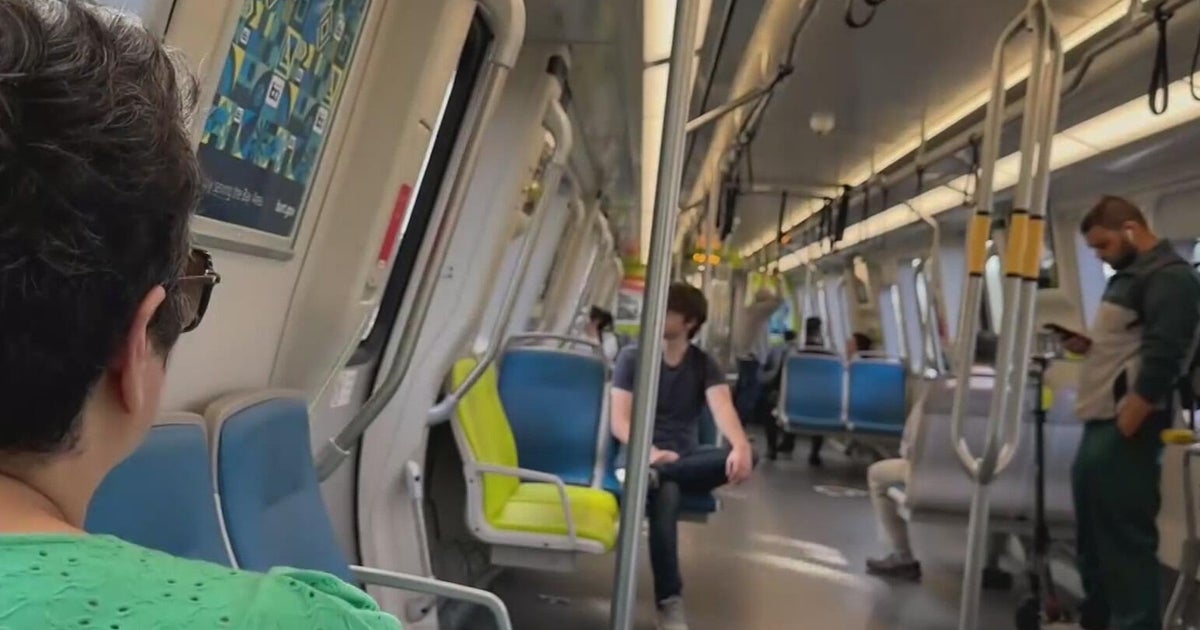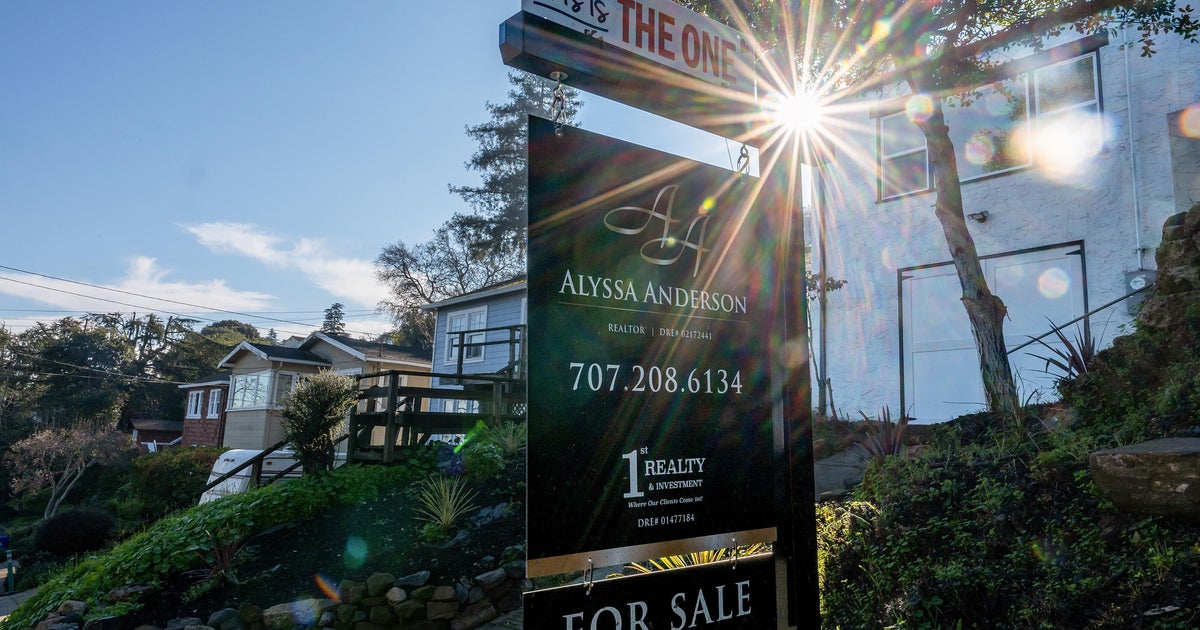These workers are going without pay during the coronavirus crisis. Here's how to help.
With the world in the midst of the coronavirus pandemic, American workplaces are reeling. While some are adjusting to the reality of working from home, people with salaried jobs and the ability to work remotely are the lucky ones. For countless Americans, the fallout from coronavirus means no paycheck for the foreseeable future.
"I am basically entirely 'gig-based,'" says Carver Duncan, an actor and fitness instructor in New York City. "As a performer, I am constantly going from gig to gig. As a fitness instructor, I am paid per class. And to supplement my income further, I work for a catering and events company. As of today, all my work has been cancelled. The performance gig I booked for April has been cancelled. All events in the foreseeable future have been cancelled. And my gym has shut down, meaning that I have no classes to teach. So I have lost all income."
For Amanda Savan, who gives tours of the Broadway theater district for a living, there is no safety net now that the theaters have gone dark.
"Most of our clients are tourists here to see Broadway shows," she tells CBS News "If the shows close, they don't come and we shut down. I have no money saved. I live paycheck to paycheck. I'm just getting even deeper into credit card debt."
They are not alone in the uncertain futures they describe. Though the Trump administration and Congress are promising federal aid, for many it can't come soon enough. Here are just some of the workers in industries going without pay right now and some of the community-based measures that are popping up to support them.
Restaurant workers and bartenders
According to the outplacement firm Challenger Gray & Christmas, an estimated 4 million U.S. restaurant workers are at risk of being laid off in the coming weeks as a growing number of states and cities mandate that food establishments shut down or shift to takeout-only to help stem the spread of COVID-19. Others, though technically still employed, may face long periods with severely reduced hours.
Janet Ciminelli, who has worked as a server at Fillmore's Tavern in Queens, New York, for 21 years, tells CBS News that she is currently going without pay and she's concerned that a prolonged closure could cause her longtime employer to have to close its doors. "I am so sad that we had to close when we would rather support our customers and neighbors," she said. "I hope the business can survive this."
While restaurants in major cities like New York and Chicago are still permitted to serve takeout and delivery, they have already lost so much business that many owners had to cut staff to try to stay afloat. Ryan O'Donnell, the founder of the Chicago-based restaurant group Ballyhood Hospitality, told CBS MoneyWatch on Monday that he felt "terrible" as he laid off 240 workers.
In response, the Restaurant Workers Community Foundation has set up an emergency relief fund for those facing economic hardships and health crises. One Fair Wage has a support fund for tipped and service workers, as well. And in Washington, D.C., there is now a "virtual tip jar" where people eating and drinking at home are being encouraged to think of their favorite local bartenders and servers, and drop them a virtual tip via Venmo or PayPal.
Fitness Instructors
With New York, Los Angeles, Miami and other communities across the United States closing all gyms and fitness studios, instructors who are paid on a class-by-class basis, and personal trainers who make their money by coaching in gyms, do not know when their next paycheck will come. Some are adapting by scheduling sessions with individual clients outdoors. Some yoga studios are switching to online video tutorials. However, fitness instructors who rely on specialized exercise equipment don't have that at-home option.
Artists
As Duncan described, most theater professionals, dancers, musicians, models and visual artists depend on gigs to make a living. When those gigs are then canceled for an indefinite length of time, it can send shockwaves through the arts community.
Thankfully, a number of guilds and relief funds are stepping in to help support those who are struggling: The Sustainable Arts Foundation, American Guild of Musical Artists (AGMA) Relief Fund, Boston Artist Relief Fund, Equal Sound Corona Relief Fund, MusiCares and the Foundation for Contemporary Arts Emergency Grants, just to name a few.
CERF+ is providing emergency relief grants for artists who have tested positive for coronavirus and require intensive medical care. Similarly, Rauschenberg Emergency Grants are set up to provide grants of up to $5,000 for American choreographers, visual and media artists who need help paying for unexpected medical emergencies.
Movie theater workers
A Cinema Worker Solidarity Fund has been set up for furloughed movie theater employees in New York City experiencing wage disruption as a result of all cinemas being shuttered on Monday. For every $3,000 donated, the GoFundMe page reads, they will "be able to support five people with the equivalent of 40 hours a week at $15/hour."
Arena workers
With concerts and professional sporting events in the NBA, MLB, NHL and MLS suspended for months, all of the hourly workers who make a living by doing jobs in the stadiums and arenas are now going without pay.
Last week, Dallas Mavericks owner Mark Cuban made a commitment to pay all arena workers inside American Airlines Center during the suspension. CBS Sports reports other team owners and organizations have also announced commitments to support their staff.
Pro athletes are also stepping up to help. Zion Williamson, Kevin Love, Rudy Gobert and many others have announced donations for their home team workers.
Boutique owners
For owners of brick and mortar stores, an inability to open their doors for a prolonged period of time can be devastating. Illyne Ganley, who has owned The Beauty Lounge in Summit, New Jersey, for 14 years says the decision to close her shop on March 15 was "incredibly unsettling."
"I support myself and my two daughters with my little shop," Ganley told CBS News. "If I don't open, I don't sell, and that means no money. It's that simple. It's terrifying. Something like this can completely ruin a thriving small business. I'm doing everything I can do from my home now to try to keep my business running."
For Ganley, that means posting photos of merchandise to her social media accounts, hoping to reach people who will place digital orders.
"I have offered to personally make drop offs to customers' front porches, to ship to them or to do a curbside pick up," she says. "I'm praying that I can sustain myself, and at a minimum, cover my overhead expenses until this passes. I am very friendly with the other shop owners in town. I know we all feel the same way. I'm also hoping that our landlords will make accommodations for us. This is a very scary time, especially if you have no other source of income."
Babysitters, housekeepers, hair stylists and others
Many babysitters, housekeepers, tour guides, hair stylists and manicurists work on a freelance basis. When the community goes into lockdown, their client bases dry up, leaving their well of income dry, too.
On Monday, there were so many people applying for unemployment benefits in New York that the influx of requests crashed the Department of Labor's website several times throughout the day. The DOL hotline was reportedly also jammed. So it is perhaps more important than ever that Americans think of their neighbors who may be struggling and get creative about ways to help.
As always, in the wake of tragedies and public health emergencies, fundraising scams will undoubtedly pop up alongside the legitimate ones. So, kindhearted people who are looking for ways to help should be conscious of that. But it only takes a few minutes to call your favorite restaurant, nail salon or theater on the phone and verify whether they have a legitimate online fund in place to keep the workers and families in your community afloat.




